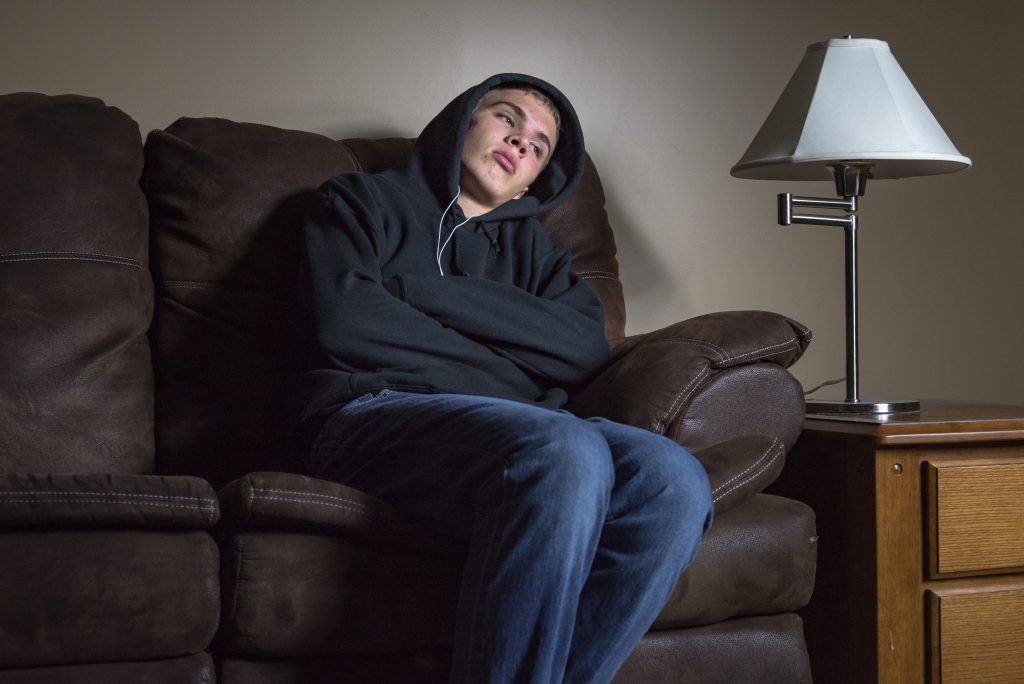 “Why can’t you just let it go?”
That’s often a question many survivors of trauma are asked as they process the trauma that they’ve experienced. This question may also be asked especially to groups of people like young males feeling pressured to appear “strong” and not express their emotions.
Keeping this question in mind, this article will uncover why teens can’t simply outgrow trauma and the ways that trauma affects them.
“Why can’t you just let it go?”
That’s often a question many survivors of trauma are asked as they process the trauma that they’ve experienced. This question may also be asked especially to groups of people like young males feeling pressured to appear “strong” and not express their emotions.
Keeping this question in mind, this article will uncover why teens can’t simply outgrow trauma and the ways that trauma affects them.
Key Terms in Understanding Trauma
In order to understand trauma, here are some key terms that you will need to know.#1: Adverse Childhood Experiences (ACEs).
ACES are different traumatic events that can happen to a teen in their early years or in the present. For example, a common ACE might be a teen being brought up during a divorce. Other examples of trauma that are also common are physical, sexual, and emotional abuse, as well as neglect. The point of ACEs is that the more ACEs a child has experienced, the more susceptible they are to things like mental illness, issues with physical health, and the tendency to engage in more self-harm and suicide. As you will find out later in this article, ACEs can’t simply be “overcome.”#2: Post Traumatic Stress Disorder (PTSD)
PTSD is a mental illness that causes an individual to be unable to cope with triggers related to the trauma that they’ve experienced. PTSD makes it hard for individuals to cope with everyday life. For example, an individual with PTSD might avoid certain situations or people because it reminds them of what has happened to them. This can also look like avoiding different smells, appearances, and even textures. As you can tell, an individual with PTSD can’t really go through life without experiencing some sort of trigger since anything can be a trigger based on what their mind and body feels like is a threat. And that is where they will need professional help with things like coping mechanisms and increasing their distress tolerance#3: Complex Post-traumatic Stress Disorder (CPTSD)
CPTSD is an extension of PTSD in that with PTSD it’s usually a traumatic event that an individual has experienced, whereas, in CPTSD, it’s a host of traumatic events that an individual has experienced. For example, a teen who experiences both the trauma of witnessing their parents divorcing and then having gone through natural disasters like an earthquake might be said to have CPTSD. That’s because it’s not just one traumatic event, but many that this teen has experienced, Hence, a teen who has many ACEs might be treated for CPTSD.Symptoms and Effects of Having Experienced Trauma
Symptoms and effects associated with having experienced trauma include:- Damage to different parts of the brain. That’s because trauma has physical effects and can leave scarring on the brain
- Bodily aches and pains with unknown causes
- Desire to self-harm and increased susceptibility to suicide
- Hypervigilance. This is when an individual’s brain is constantly in fight-or-flight mode. The traditional image of a shell-shocked veteran fits with this symptom.
- Difficulties with trusting others. A teen who’s experienced trauma might be thought of as not being able to put down their guard.
- Dysregulation. A teen who has experienced trauma might feel constantly overwhelmed and tired because their brain is working overtime to make them feel like they’re under threat and aren’t safe. This lowers their ability to tolerate distress and can lead to emotional dysregulation.


Leave a Reply